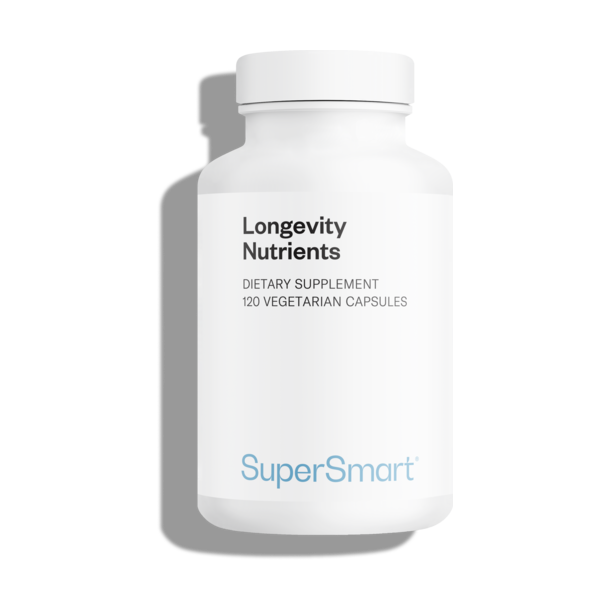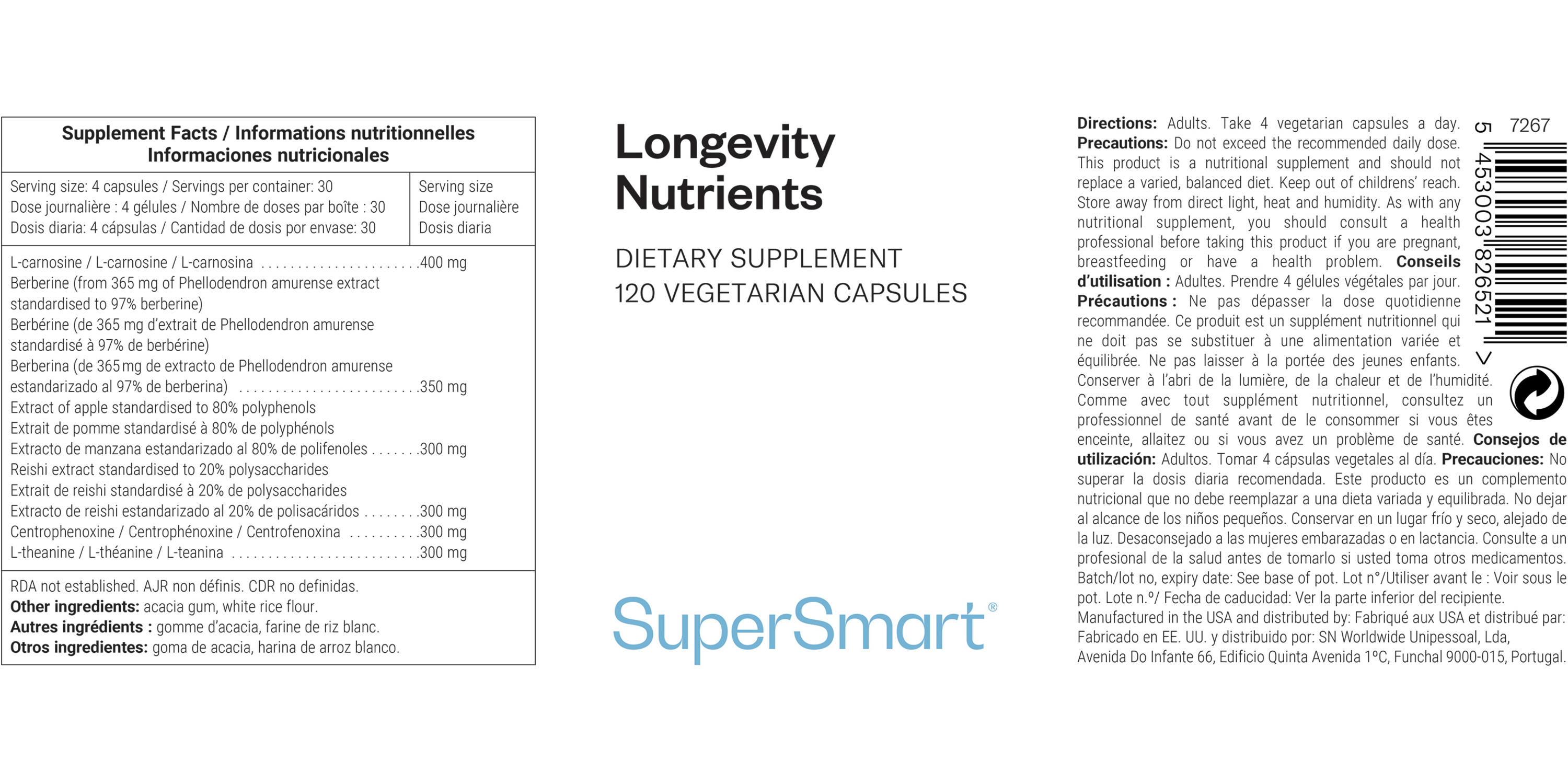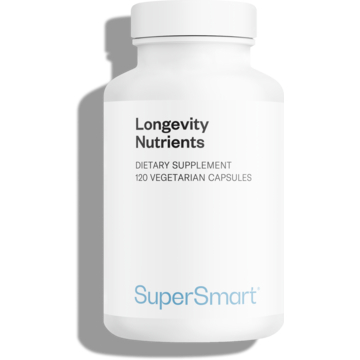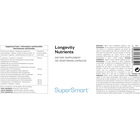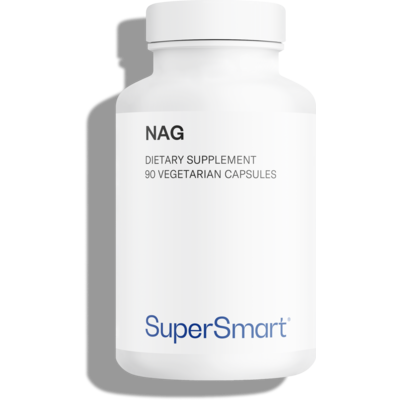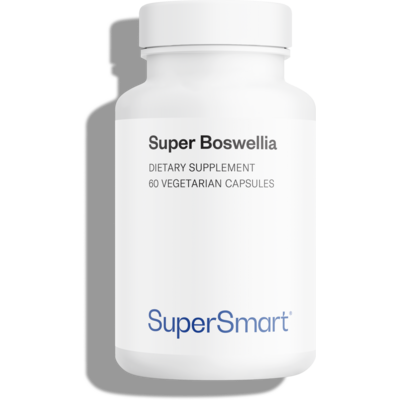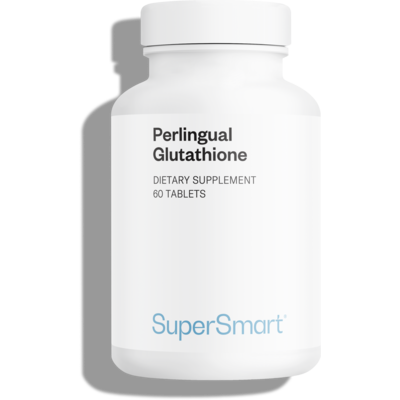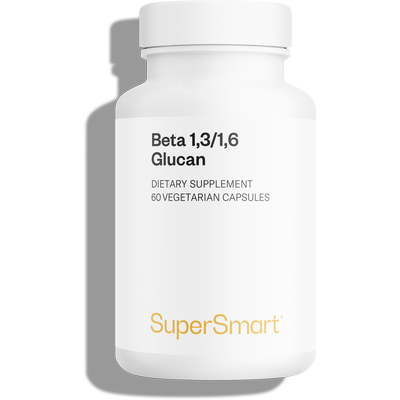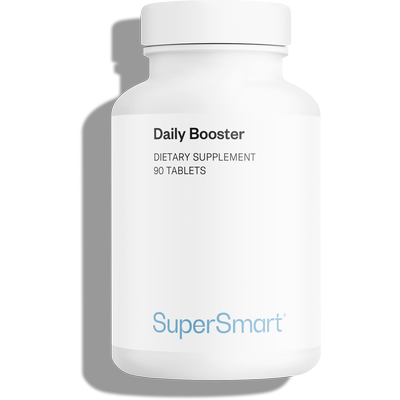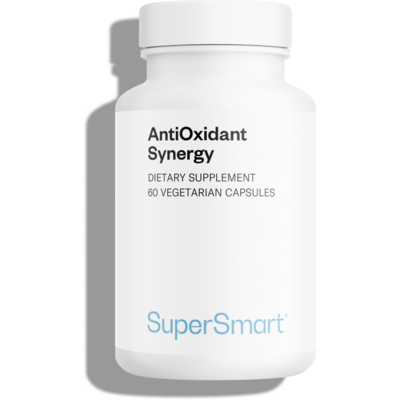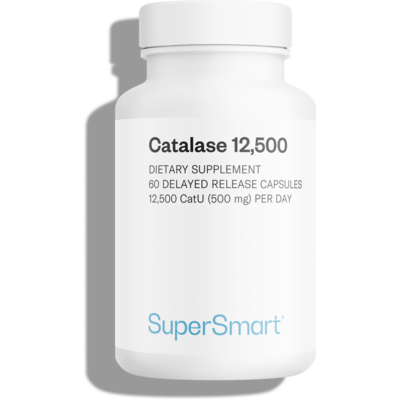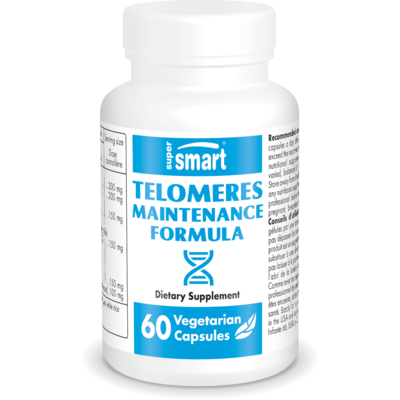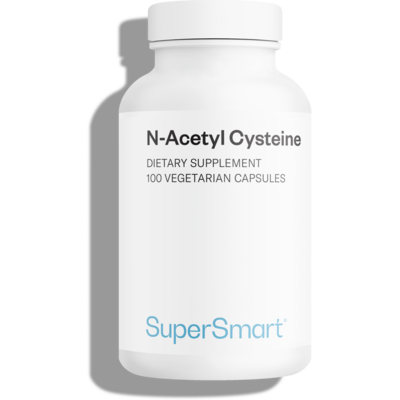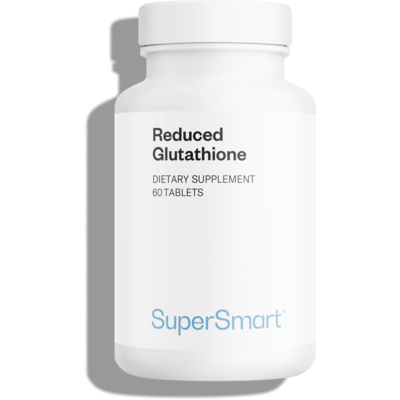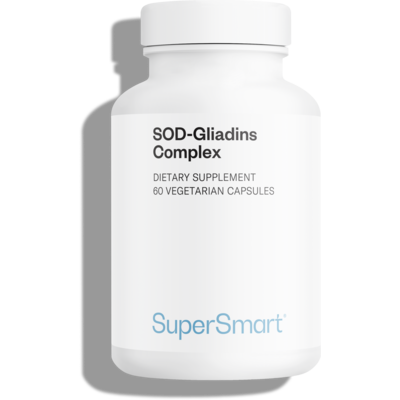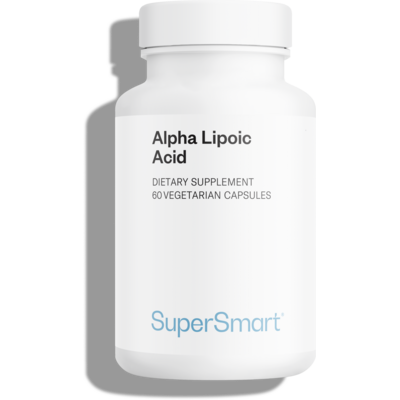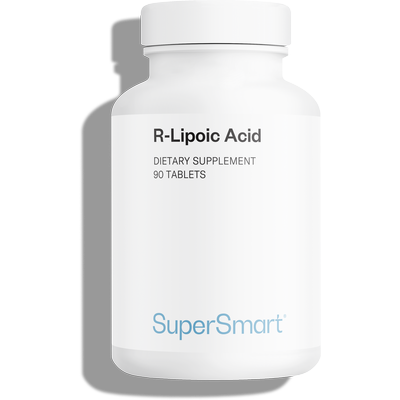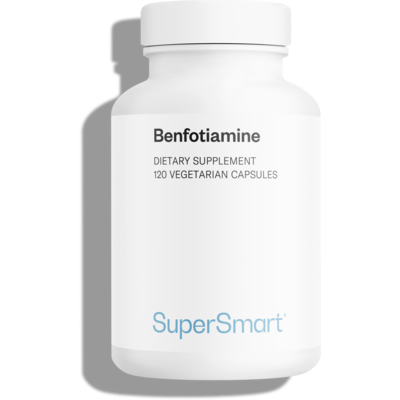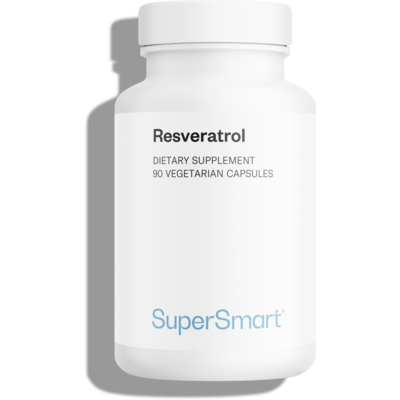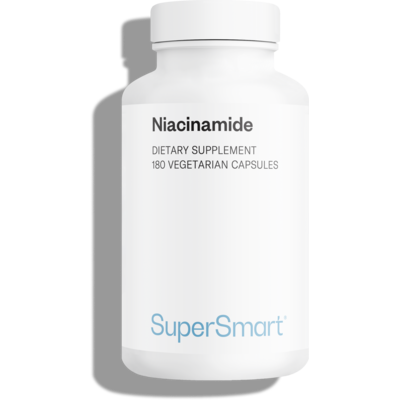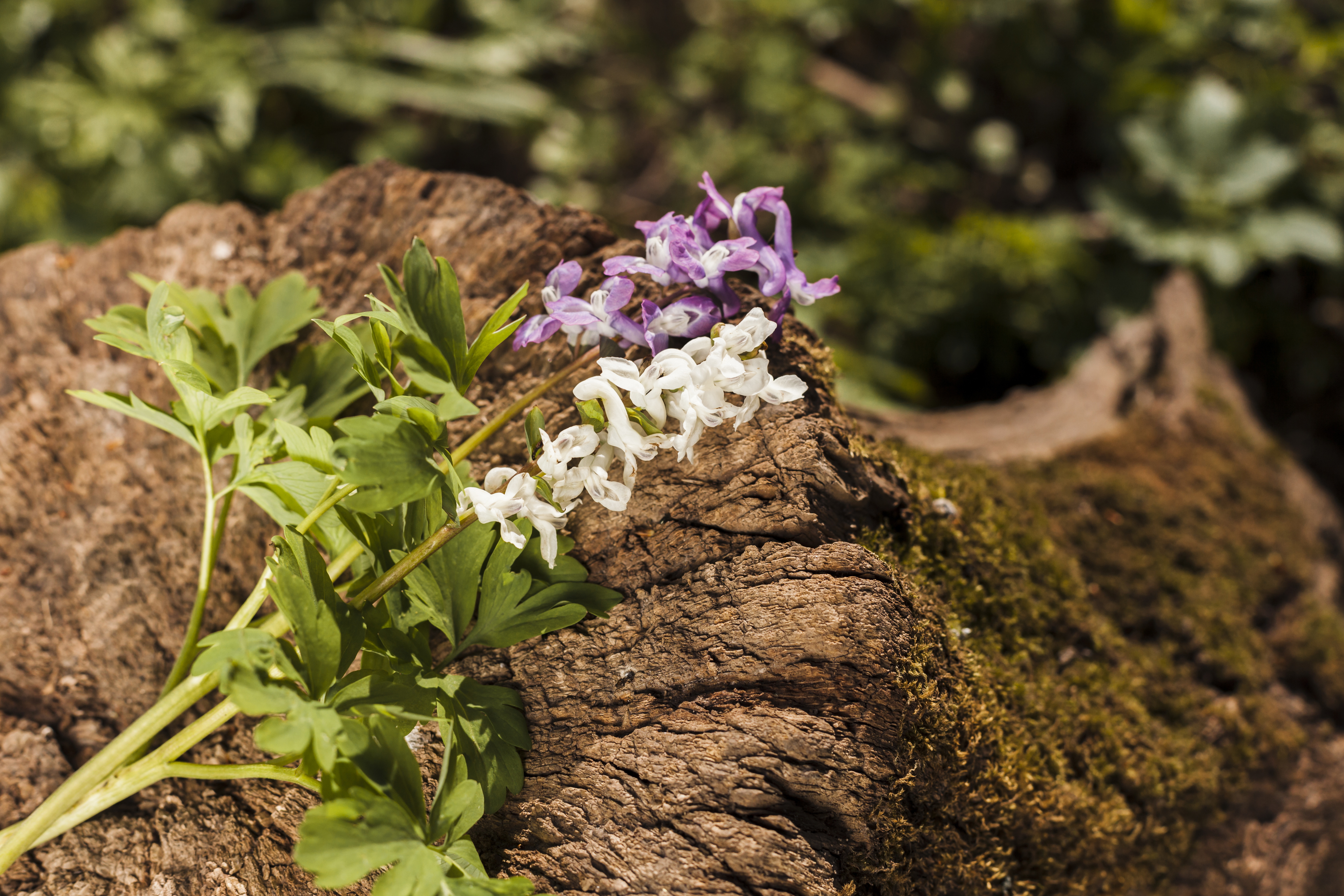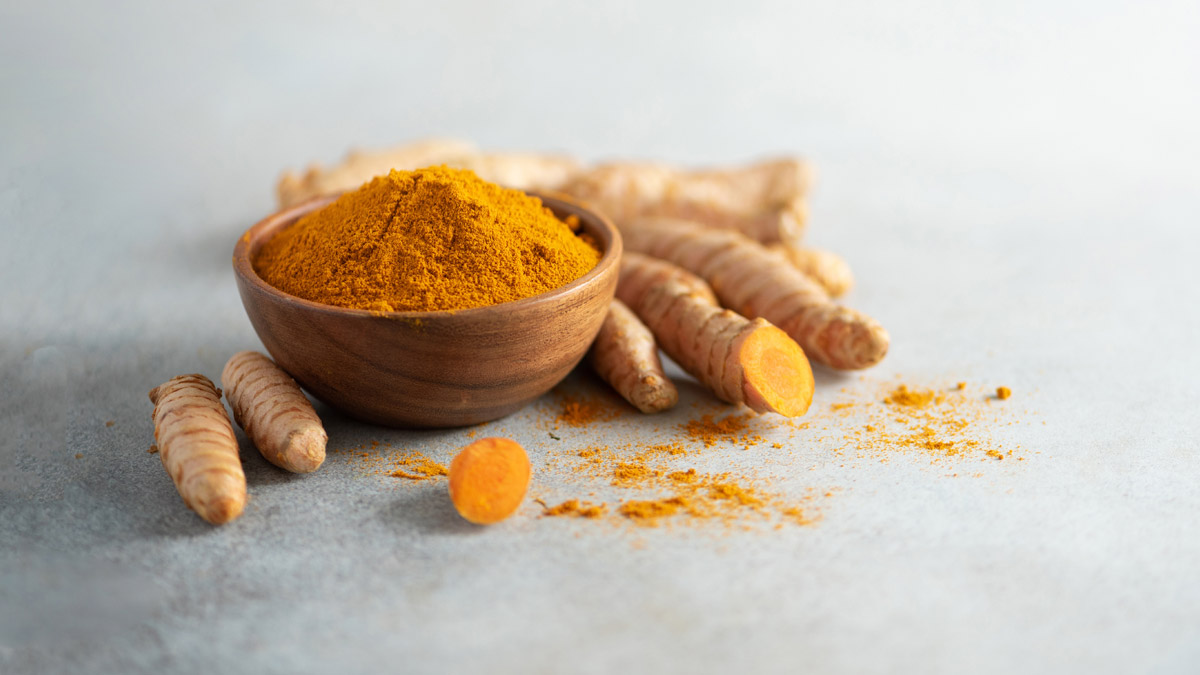Create Your Offer
Research conducted over the last few years into anti-aging molecules has led to the discovery of fundamental substances capable of increasing life expectancy, in some cases, significantly so.
In a single, synergistic formulation, Longevity Nutrients combines in vegetarian capsules the main substances now recognized as powerful anti-aging weapons, capable of extending lifespan in perfect health. This complex can be taken on its own or alongside other anti-aging substances, to complement its benefits and boost their effects.
What are the Benefits Associated with the Ingredients in Longevity Nutrients?
L-carnosine
Still known as beta-alanine-L-histidine, this dipeptide is a molecule found in human cells with a long lifespan, such as skeletal muscle cells and brain neurons, but levels tend to fall with age – a decrease of 63% is seen in muscle tissue between the ages of 10 and 70.
L-carnosine is recognized for its antioxidant properties and its ability to reduce the process of glycation – the 'caramelization' of proteins. It protects muscle cell membranes from oxidation and enables cardiac muscle to contract more effectively.
It is one of a small group of ingredients capable of extending the lifespan of human cells in vitro. It has been shown in culture, particularly in lung fibroblasts, to counteract telomere damage and shortening by around 32%. In the presence of L-carnosine, human fibroblasts experience 8 to 10 times more cell divisions before becoming senescent, and thus cell lifespan is significantly longer.
Berberine
Animal experiments have clearly demonstrated that any substance capable of restricting the effects of the pancreatic hormone helps increase life expectancy. Indeed, this is also the level at which calorie restriction acts. Thus any substance that can reduce levels of the pancreatic hormone and glycemia restricts the aging process.
Among the many plants used in Chinese and ayurvedic medicine is Berberis vulgaris, the berries of which contain a powerful plant alkaloid: berberine. This substance appears to be highly effective at increasing cells' sensitivity to the hormone that regulates blood sugar levels as well as at mimicking calorie restriction by stimulating the enzyme AMPK (Adenosine Monophosphate Kinase) which prevents or repairs cell damage. In addition:
- It protects the vascular system;
- It maintains bone density;
- It has a preventative effect against dementia.
Apple polyphenols
Plant polyphenols have demonstrated particular promise in resolving problems associated with aging. Apple polyphenols have been shown to extend lifespan by 12% in three recent studies conducted on yeasts (Cerevisiae), worms (C. elegans) and flies (D. melanogaster). They appear to work by activating genes that stimulate endogenous antioxidant defenses and by inhibiting other genes involved in premature death. Epidemiological studies confirm that consumption of flavonoids in general, particularly those from apples, is positively associated with human longevity.
Among the polyphenols found in apple peel is phloridzin, a flavonoid from the chalcone group which reduces resistance to the pancreatic hormone and is effective at combatting glycation via several synergistic mechanisms, including a specific effect on the membrane of the small intestine. This mechanism is also behind the decrease in visceral fat stores.
In addition, apples are rich in chlorogenic acid, catechins, epicatechins, and various tannins which are also potent antioxidants (with an ORAC value three times that of green tea extract). Apple polyphenols protect against free radicals, in particular by inducing a 20%+ increase in the activity of paraoxanase, an endogenous antioxidant. In the context of anti-aging, they are mainly used as preventive as they reduce the risk of colon problems by almost 50%.
Reishi
Reishi has been used medicinally for over 2,000 years and was justifiably known in ancient times as the 'mushroom of immortality'. Over recent decades, researchers have been focusing on analyzing its various compounds. Science has thus confirmed that reishi has multiple properties which provide the body with all-round protection against a variety of diseases that unquestionably reduce longevity. Among the hundred or so active compounds present in reishi, scientists have identified three specific substances with powerful anti-aging effects:
- Polysaccharides, have the ability to both prevent abnormal blood vessel formation and boost the immune system.
- Triterpenes, which protect the liver, reduce blood pressure, lower cholesterol levels and prevent platelet aggregation.
- The peptide Ganoderma lucidum, which has both powerful antioxidant properties and a protein called LZ-8 that activates immune-regulating receptors.
What makes this mushroom unique is its ability to act in several places at once, triggering important changes that contribute to increased longevity: it protects the cell and mitochondrial DNA from the oxidative damage that contributes to aging, it increases expression of a longevity gene and extends life expectancy in a number of species, from yeasts and simple worms to mice and other mammals.
Researchers investigating its effects in laboratory mice clearly demonstrated that reishi consumption was associated with an increase in the animals' lifespan of between 9% and 20%, which equates to 16 additional years for humans.
Centrophenoxine
Centrophenoxine was developed in 1959 and has been widely used for more than 30 years to treat brain disorders associated with aging and changes in memory. It consists of two substances, DMAE and PCPA, both of which are potent antioxidants that protect the brain from radical damage. It counteracts age-related decreases in protein DNA, re-enabling information to be stored in the long-term memory and improving alertness, after just a few weeks o supplementation.
Centrophenoxine supplementation is thus extremely effective at combating aging of the brain, improving cerebral and neuron function and oxygen consumption, and capacity for memorizing and concentrating. Above all, centrophenoxine is the only known agent that can reduce the accumulation of lipofuscin, an aging-related toxin, in the cells of the brain, heart, lungs, and skin. Cells 'invaded' by lipofuscin, a kind of metabolic waste product, lose the ability to communicate and function correctly. Long-term administration of centrophenoxine has been shown to significantly increase lifespan in laboratory animals.
L-theanine
Traditionally used to reduce feelings of stress, anxiety, and fear, L-theanine – derived from the leaves of green tea (Camellia sinensis) – has also been shown to be a specific anti-aging amino acid. Taking high doses of L-theanine is known to have an effect on obesity, hypertension, heart rate and blood lipid levels.
German studies by human nutrition researchers, conducted on C. elegans nematodes, are now indicating that this substance can prolong lifespan by 3.6% to 4.4%. According to the researchers, "Taken together, these findings suggest that this compound may be worth evaluating in mammals and humans with regard to the prevention of aging." This formulation, with selected active ingredients, can be taken on its own or alongside other innovative substances such as:
- Astragaloside IV and cycloastragenol, which activate telomerase and thus restrict telomere-shortening.
- PQQ, which optimizes mitochondrial function and thus regenerates cellular energy potential.
- Fucoidan, which promotes cell regeneration, particularly bone marrow stem cells, see: Stem Cells Activator.
- Resveratrol, a calorie restriction mimetic which overall increases lifespan.
For long-lasting support in the fight against aging, you can alternate between Longevity Nutrients and other anti-aging supplements available to buy at SuperSmart. The formulation AMPK Booster, for example, combines three natural extracts for reactivating AMPK, while the complex Natural Rapalogs contains five natural inhibitors of the mTor signaling pathway.
Buy Longevity Nutrients capsules for anti-aging support.
WARNINGS
Do not exceed the recommended daily dose. This product is a nutritional supplement and should not be used as a substitute for a varied and balanced diet or a healthy lifestyle.
STORAGE
Store in a cool, dry place away from direct sunlight, heat, and humidity. Keep out of reach of children.
PREGNANCY AND MEDICAL CONDITIONS
If you are pregnant, breastfeeding, or have any medical conditions, consult your healthcare provider before using this product.
SUPPLEMENT INTERACTIONS
Consult your healthcare provider before use, especially if you are taking any medications or other supplements as there may be potential interactions.
Need Help?
Phone Number
+1 (786) 522-3907
From 9 am to 6 pm (EST)
Email Address
You May Also Like

